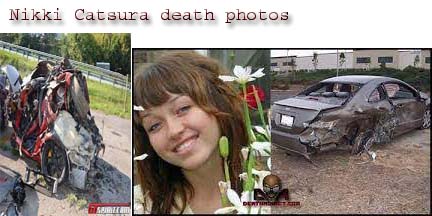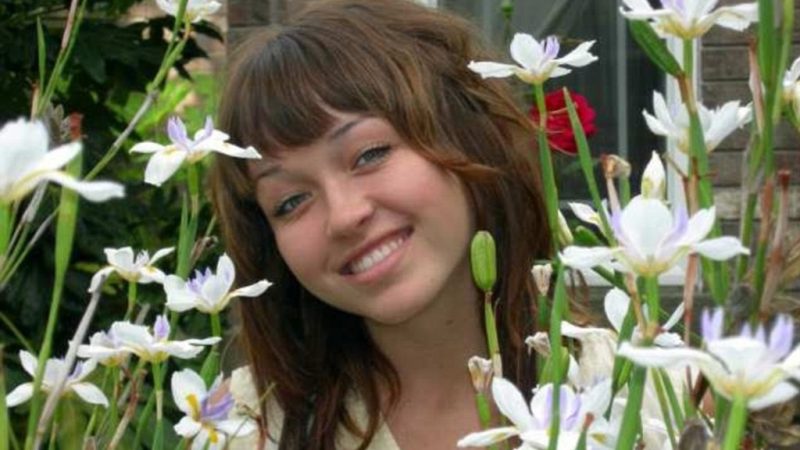Coronavirus Resource Center

New inquiries and replies Coronavirus
When can kids get the COVID-19 immunization?
In November 2021, the CDC prescribed coronavirus that kids 5 to 11 years of age be immunized with the coronavirus Pfizer/BioNTech pediatric COVID-19 immunization. The suggestion followed the FDA’s approval of the immunization for youngsters in this age bunch.
Similarly as with more seasoned youngsters and grown-ups, 5-to-11-year-olds will require two portions of the Pfizer/BioNTech antibody, dispersed three weeks separated. In any case, they will get a lower portion (10 micrograms) contrasted with 30 micrograms for individuals long term and more seasoned.
In concentrate on information put together by Pfizer to the FDA, 2,268 youngsters, ages 5 to 11, gotten two 10-microgram portions of the COVID-19 immunization, dispersed three weeks separated, while a more modest gathering of kids got a fake treatment. Neutralizer reactions and aftereffects in the 5-to-11-year-olds were similar to those of 16-to 25-year-old members from a past report.
A resulting investigation looked at COVID-19 diseases in the immunization and fake treatment gatherings. It viewed the Pfizer immunization as 90.7% powerful at securing against COVID-19 disease, contrasted with fake treatment. This depended on three instances of COVID-19 in immunized review members, contrasted with 16 cases in the fake treatment bunch. There were no instances of extreme coronavirus COVID-19 or multisystem provocative condition in youngsters (MIS-C) in one or the other gathering during the review.
When settling on their choices, both the FDA and CDC thought about the advantages of the antibody, the dangers of COVID-19, and the dangers related with mRNA immunizations, especially uncommon aftereffects, for example, the heart irritation that has been seen after mRNA inoculation, particularly in male teenagers and youthful grown-ups. Ultimaely, they concluded that the advantages of the immunization offset the potential dangers, yet will keep on checking wellbeing information.
In May 2021, the FDA had extended its EUA for the Pfizer/BioNTech COVID-19 immunization to incorporate young people 12 to 15 years of age in May 2021. Already, the Pfizer antibody was approved for use in kids 16 years and more seasoned. A CDC report distributed in MMWR in October 2021 showed that 12-to 18-year-olds who’d gotten two portions of the Pfizer immunization were 93% more uncertain than the individuals who were unvaccinated to be hospitalized for COVID-19. Coronavirus related hospitalizations in youngsters and teenagers are still moderately uncommon; most of members in this review had no less than one hidden ailment that put them at expanded danger for serious disease.
The Moderna and Johnson and Johnson antibodies are as of now approved for individuals 18 years and more established. In June 2021, Moderna applied to the FDA for crisis use approval (EUA) of their mRNA antibody for use in kids ages 12 to under 18 years. The FDA is proceeding to assess wellbeing information about the danger of myocarditis after inoculation, and as of late advised the organization that it may not finish its audit until mid 2022. Moderna declared promising aftereffects of a Phase 2/3 review in youths in May.
The review selected 3,732 youngsters ages 12 to 17. 66% got two dosages of the Moderna mRNA antibody and 33% got a fake treatment. The invulnerable reaction created by the antibody in youths was viewed as at minimum as great as the resistant reaction the immunization produced in grown-ups. Beginning fourteen days after the subsequent immunization portion, no instances of COVID-19 happened in the antibody bunch, contrasted with four cases in the fake treatment bunch. Antibody secondary effects were gentle to direct, with infusion site torment, migraine, weariness, muscle torment, and chills being the most widely recognized. The review didn’t coronavirus distinguish any critical wellbeing concerns. The outcomes were reported in a public statement.
In October 2021, Moderna delivered an interval examination of their stage 2/3 review in kids. For this piece of the randomized, spectator blind, fake treatment controlled preliminary, analysts enlisted 4,753 youngsters ages 6 years to under 12 years old. The youngsters got either two dosages of the Moderna antibody, divided 28 days separated, or two portions of fake treatment. The immunization portion was 50 micrograms, which is lower than the 100-microgram portion approved for grown-ups, yet as old as portion as of late approved for the Moderna supporter.
One month subsequent to accepting their subsequent portion, the inoculated kids in this review had immunizer levels that were around 1.5 occasions higher than those found in youthful grown-ups after two 100-microgram immunization dosages. Most aftereffects were gentle to direct, and included exhaustion, migraine, fever, and torment at the infusion site. The review was too little to even consider estimating uncommon secondary effects. The examination was reported in an official statement and has not been distributed or peer checked on. Moderna will present these outcomes to the FDA, and is additionally concentrating on their immunization in youngsters between the ages of a half year and 6 years.
Age de-heightening investigations, in which the antibodies are tried in gatherings of offspring of sliding age, are done to affirm that the immunizations are protected and powerful for each age bunch. They likewise recognize the ideal portion, which should be compelling, however with okay secondary effects.
The FDA surveys information from the de-heightening preliminaries to choose whether to approve the antibodies for each age bunch. The CDC then, at that point, thinks about whether to give a proposal.





